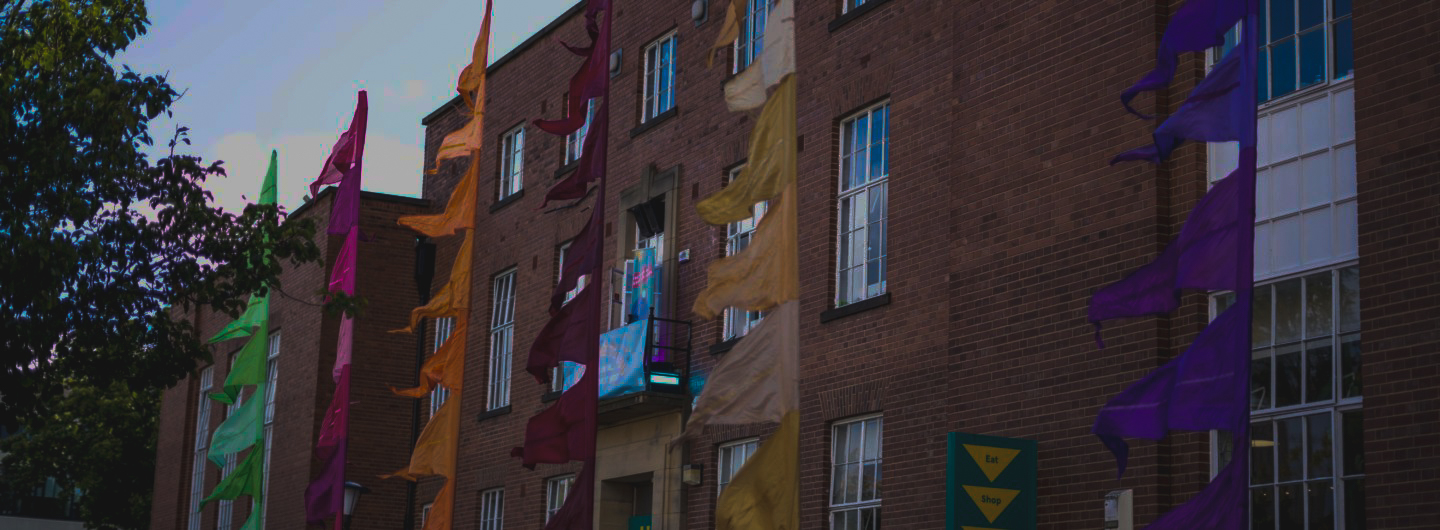
Academic Misconduct - Your School Meeting
Plagiarism - The School Meeting
If you have been accused of plagiarism, you will be invited to a meeting in your school.
Before the meeting
You will receive a letter (via email) from your department asking you to come to a school meeting. The letter will include:
- the date of your meeting (you should be given 3 days notice)
- what the allegation is (whether plagiarism, malpractice or fabricated/fraudulent coursework)
- which piece(s) of work the allegation is about
- a copy of the work fully marked-up (i.e. the sections that are believed to be plagiarised will be highlighted, underlined or clearly indicated)
- a copy of the evidence related to the allegation (i.e. the book/website/other essay etc that they think that you have plagiarised, or an explanation of other malpractice they think has happened).
Sometimes you may receive an email saying you will be investigated, but without the information above. This is because your school cannot give you your mark yet, but needs more time to collate the case. This can be very upsetting, but you must just wait for the next email.
At the meeting
At the school meeting, the panel will ask you about the case. They may ask things like:
- Do you understand what their concerns are?
- Do you admit to the plagiarism or malpractice?
- How did it happen?
- How did you produce the work in question, what were your methods?
- Do you have any mitigating circumstances which affected how you prepared your work, or led you to use someone else's work?
It is important to be honest, even if you have deliberately done something wrong and explain as much as you can. This will help the school decide on a penalty.
The Head of School or a senior member of staff acting on their behalf will normally chair the meeting. Your personal tutor, module leader and other relevant department members who have been involved in the module may also be present. There may also be a staff member to take minutes.
You can bring a Supporter with you who can be anyone not directly linked to the case (family, friend, colleague). LUU Advice can help you prepare, please send us the material sent from the school and we will send you some detailed information and can answer questions you may have.
If you don’t attend your departmental meeting without good cause (such as illness) the School can assume that you admit to the allegation. They can then award a penalty and/or forward the case to the University. You will lose the right to appeal.
If you admit the malpractice and it is not serious or a second offence then the school will decide a penalty.
If the malpractice is denied (and the school believes it has occurred), or it is serious or a second offence then the case is likely to be referred to the committee on applications.
After the meeting
After the meeting, you will be told what will happen. There are 14 days for your outcome, any of the following three options:
- The School can decide that you are innocent of the allegation. This will end the procedure.
- The School can decide a penalty. This may be a warning, but is often a requirement to resubmit the work for a capped mark.
- The School may refer the case to the committee on applications.
FAQs
Can I deny Plagiarism?
If you do not believe you have plagiarised you can deny the allegation. Be aware this may result in the case going to Committee. Always seek advice before denying plagiarism and be sure you are clear about what plagairism is before denying it.
Can LUU attend as a supporter?
We cannot normally attend school level meetings. The meeting should be relatively straightforward, though we understand it is stressful. You may take a friend or family member.

